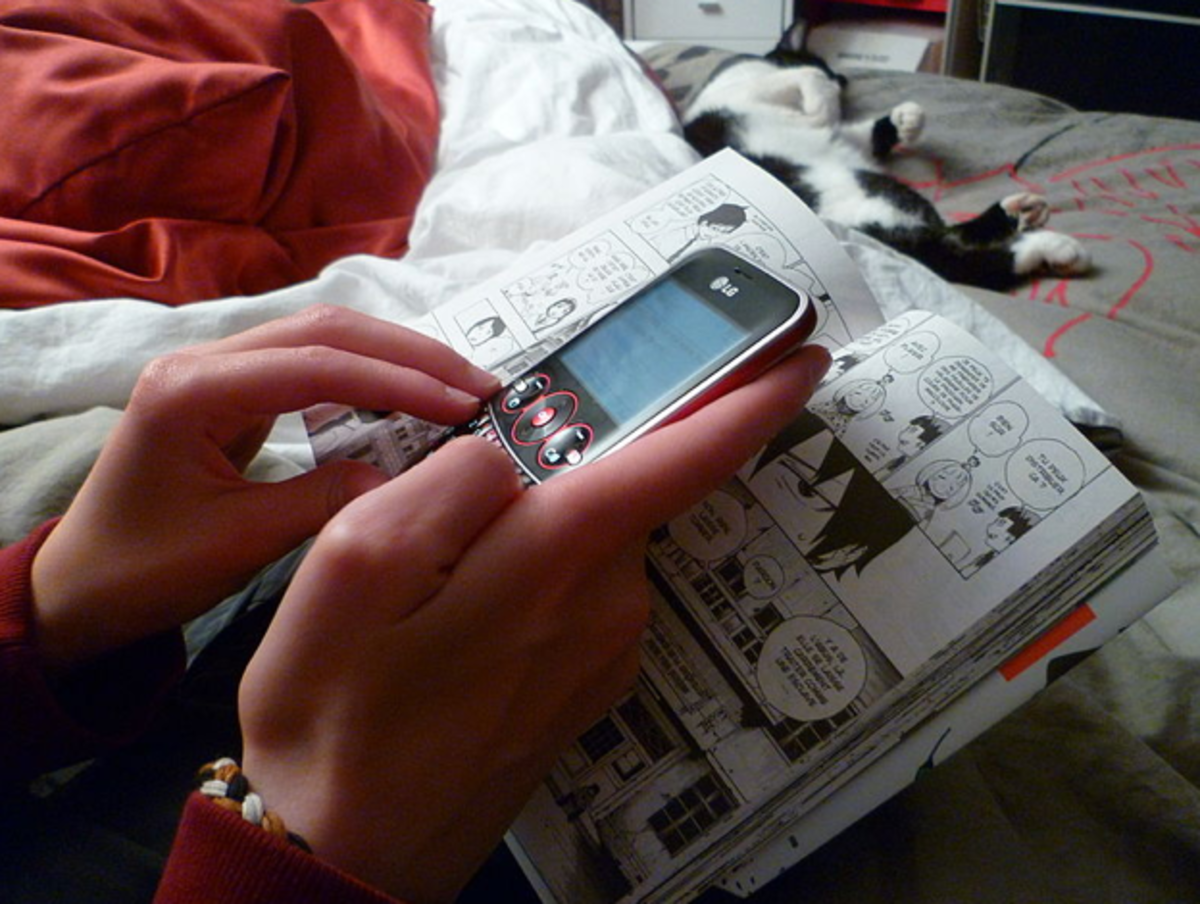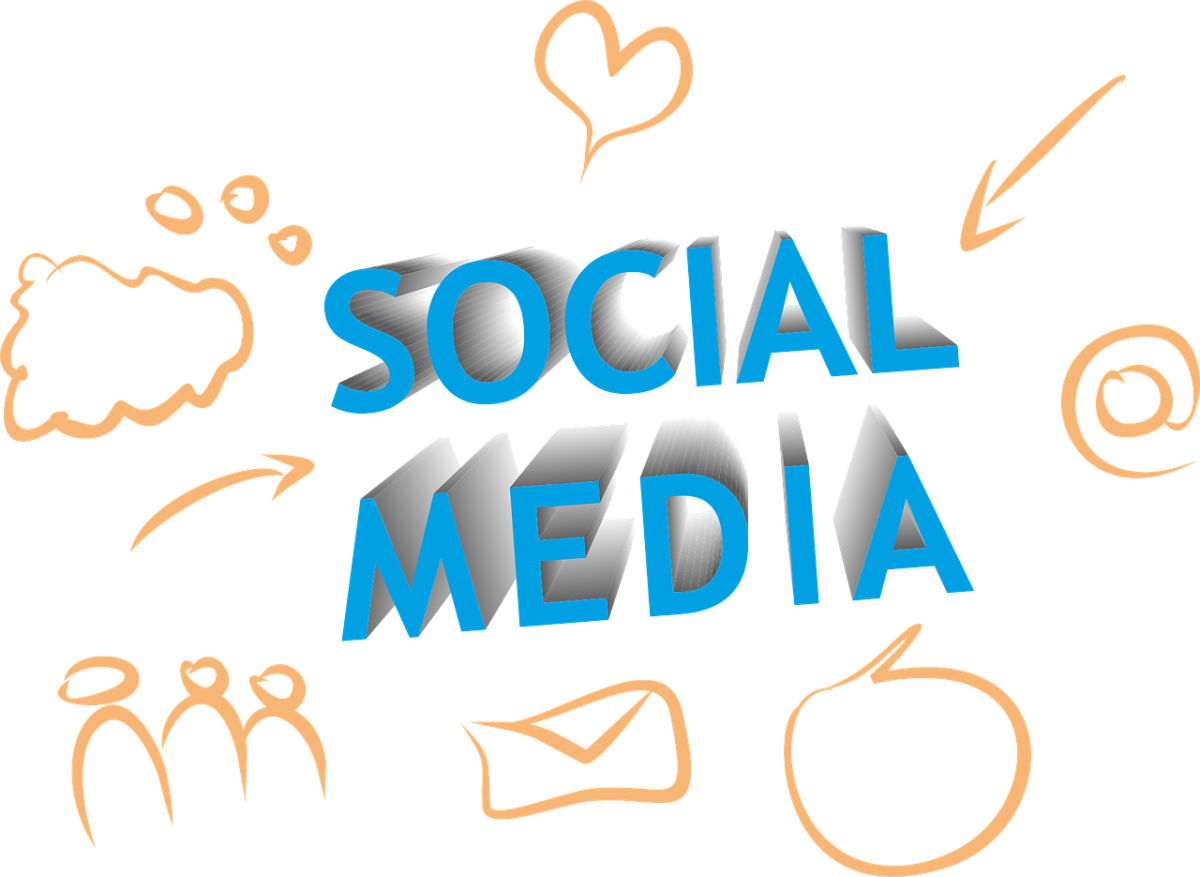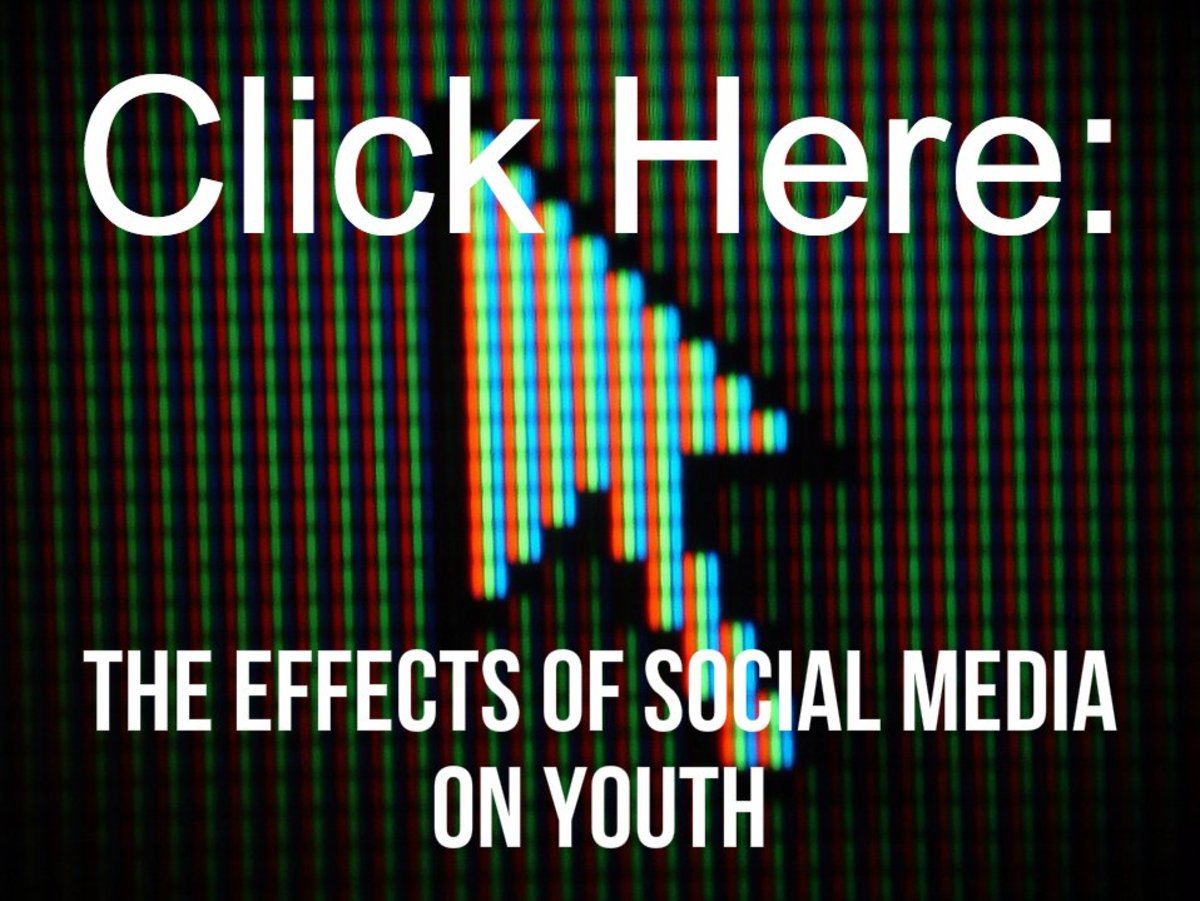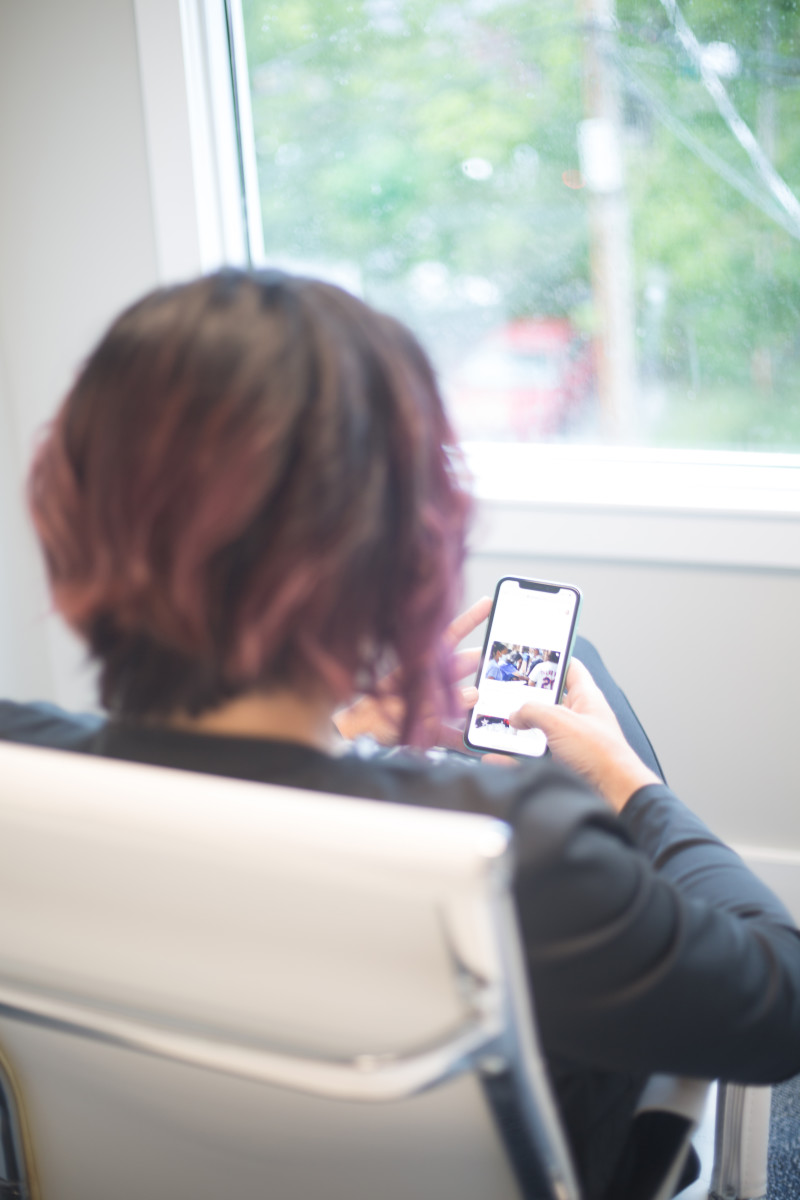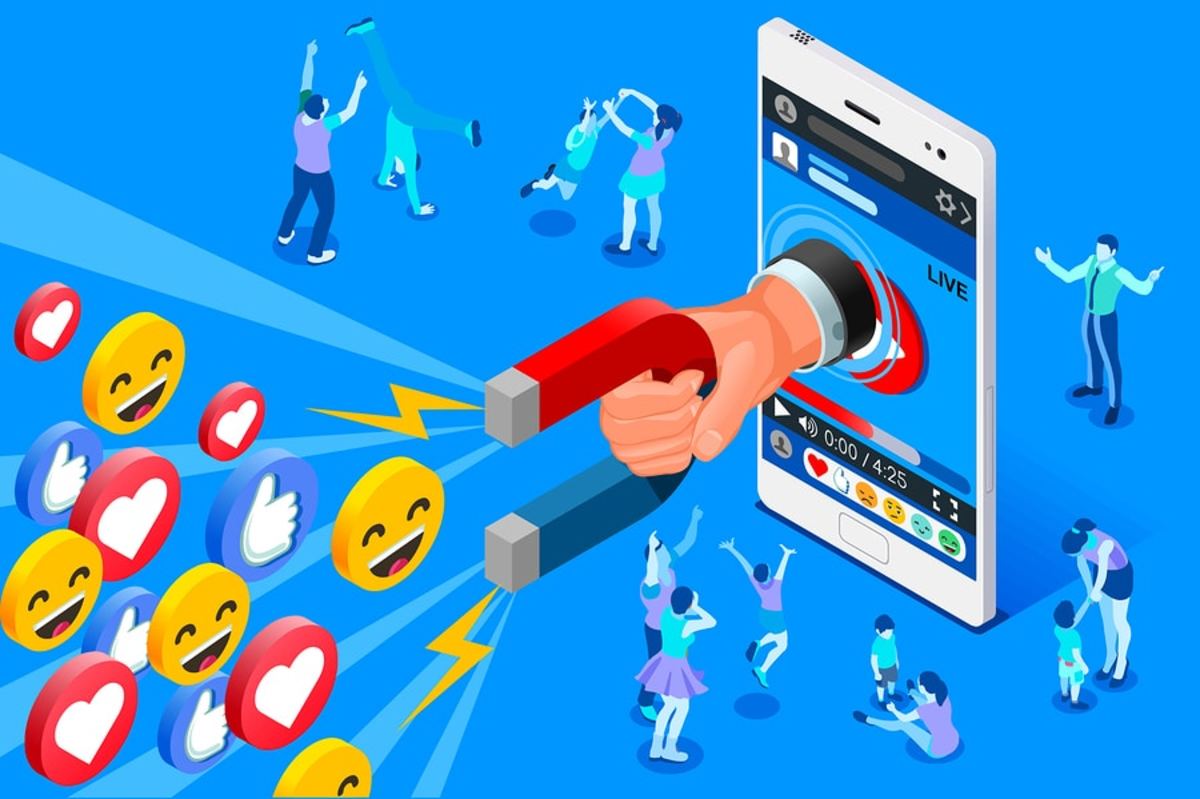How Does Social Media Affect Our Lives?
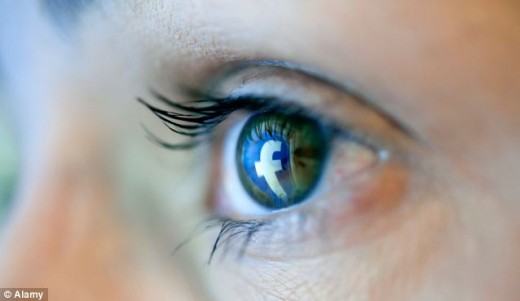
According to psychiatrist Dr. David Veal: "Two out of three of all the patients who come to see me with Body Dysmorphic Disorder since the rise of camera phones have a compulsion to repeatedly take and post selfies on social media sites."

What Is Social Media?
In the simplest terms, social media is a variety of tools and applications that allow people to communicate online. From Facebook, Twitter, to Instagram, people can engage with one another at any time of the day, from anywhere in the world.
Back in the late nineties, I remember using ICQ and Xanga to chat with friends after school. In my house, I was allowed to be on the internet no more than an hour each evening and that was it. I did not have a smartphone that I could whip out of my back pocket and check every ten minutes. There was a pretty clear boundary between online communication and in-person communication, and most importantly, the ratio was very much in favor of in-person engagement. Once my hour was up, I was out in the kitchen with my family eating dinner and talking about each others' day.
Now, whenever I feel the urge to see what's happening on Facebook, I can just pick up my phone, swipe my screen, and BAM, my Facebook feed is refreshed. I'm living in two worlds. No longer do I ever feel completely *here* - in the moment, totally engaged with those around me. Because now, everyone has their faces buried in their phone. Necks are semi-permanently tilted downward in the direction of a 6" illuminated screen. No longer do people really feel connected in the traditional, face-to-face sense. Now, people feel connected to their crystal-clear displays.
Let's See Some Numbers
How often do you pull out your phone to check social media?

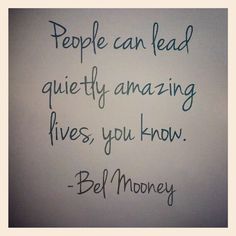
Social Media and Perception
One reality about Facebook, or any social media platform, is that we only see what people want to post. Rarely do we read about the troubles that other people are going through, save those who sometimes share too much. But typically, people only post about the positives in their lives. From beach vacations, promotions at work, to engagements, people generally love to share the good stuff in their lives - and that's great! I totally smile when I see people succeeding and doing well. But what happens over time however, is that we tend to question our own lives. Am I having as much fun as everyone else? Am I as successful? Was my beach vacation as cool as hers?
From time to time, I'll reflect with some friends about life and somehow social media always gets brought up. We'll discuss the latest on Facebook and then we'll dive into some philosophical analysis on the effects of social media on our well-being. And the common denominator is always the same among us - social media contorts our perception of other people's lives. Because we never (well, rarely) read about people's bills piling up, or their leaking water heater, their mother's illness, or their inability to afford a vacation this year.
We experience the hardships in our own lives, but we jump on Facebook and see only the positives in others'. How can social media honestly be considered a positive aspect of the human experience if it distorts our perception of the realities of life? We spend so much time engaging on social media, and then when we finally set down our phones and look up to see our own realities - realities that don't always glisten like the exuded happiness that's constantly displayed on social media - we question the quality of our own lives.

Perception and Maturity
Perhaps it's not that black and white - maybe everyone views social media differently and maybe maturity is a huge factor in that equation.
I know quite a few older individuals who use Facebook to keep in touch with close friends and relatives. A few times a month, they'll get on Facebook and see if their nieces and nephews posted any pictures. Or to see pictures of their new grandbaby who lives across the country. They'll look around a bit, scroll through their feed, and then turn off their computer because they want to get started on making dinner. Maybe different generations view, and value, social media differently - in fact, I'm going to place my bets on this and say that yes, age and maturity has almost everything to do with how much emphasis someone places on social media.
How about teenagers? How do teens view social media? How much value do they place on Facebook, Twitter, and Instagram? Because teens only have so much life experience, are they able to fully understand the limitations of social media? How well do they grasp that social media is only a small snapshot into people's lives?
A study done by the California Adolescent Health Collaborative found that teens who tend to use social media "heavily" have reported being less content, are often sad or unhappy, and are often bored.
Teens are likely unable to fully comprehend how much of a psychological impact heavy social media use has on them. With less in-person communication and more virtual communication, teenagers are less able to adequately communicate in the real world and have difficulty connecting to others in-person.*
There have also been instances where social media can cause legal trouble for teens because they aren't aware of just how visible their social profiles are to the public. What happens is that users think they can post anything to their social accounts and that privacy settings will protect what they post. However, that is not the case. Users unknowingly post incriminating information on their social pages that wind up being used against them in court because oftentimes people will tip the police when they see something potentially dangerous posted. In recent news, a teenage boy was indicted after posting "Let's Kill the Cops" on his Facebook page. The boy's mother made a public statement saying, "Children can be children," in an attempt to protect him against prosecution. The teenage boy was ultimately not charge with a crime, however.
*Source: Phi.org
Feeling Anxious?
When using social media, do you ever experience any of the following emotions?

The trend for selfies seems to be most popular among the younger teens and twentysomethings which can be problematic because these are the people who are more prone to develop Body Dysmorphic Disorder.

Social Media & Narcissism
Studies have also shown that social media enables narcissism. Narcissistic people tend to post often, and their posts tend to be more suggestive or offensive.
But does social media itself cause narcissism? Not exactly. According to a study done by Keith Wilcox* and Andrew T. Stephen**, Facebook tends to cause a higher self-esteem, while Myspace (but not Facebook), caused heightened levels of narcissism. Overall, narcissism has been shown to lead to more social media use, social media engagement leads to more instances of positive internal thoughts, and individuals who are seeking reassurance or some kind of self-esteem boost lean on social media.
* Assistant professor of marketing at the Columbia Business School, Columbia University
** Assistant professor of business administration, University of Pittsburgh

Conclusion
Social media absolutely has a place in the world, but to what extent should we allow it to interfere with our lives? Should there be more limitations on social media usage among teengers? What do you think?
Social Media & Mental Health
In general, do you feel that social media has a negative effect on our mental health?
© 2014 M Carnahan

